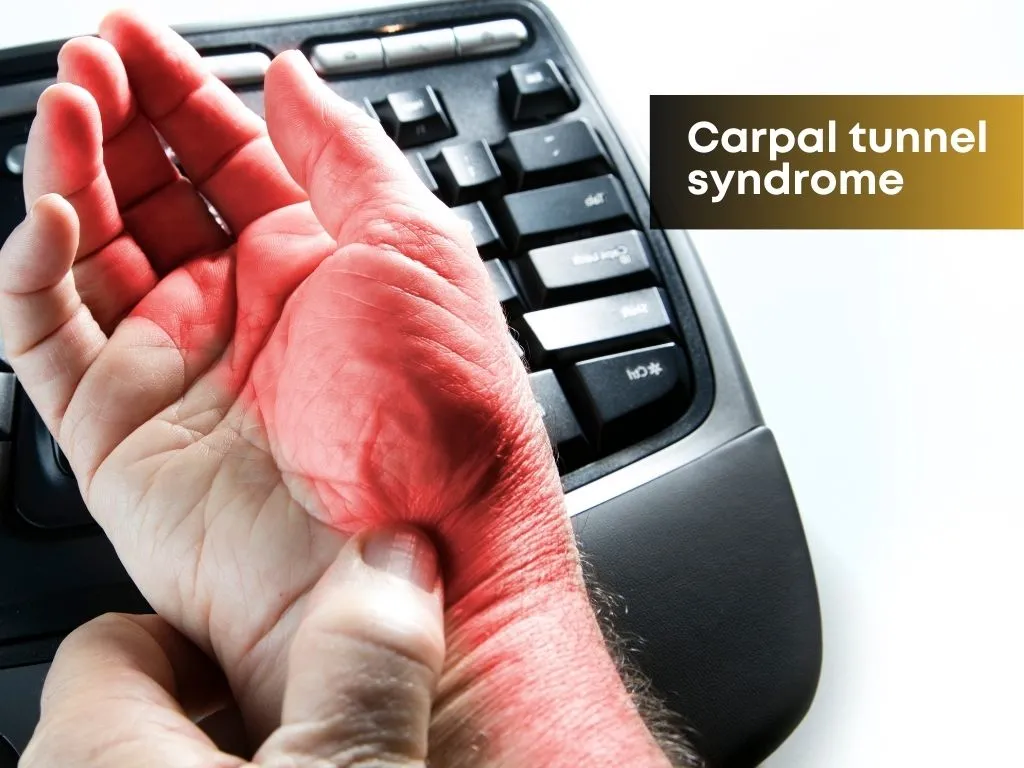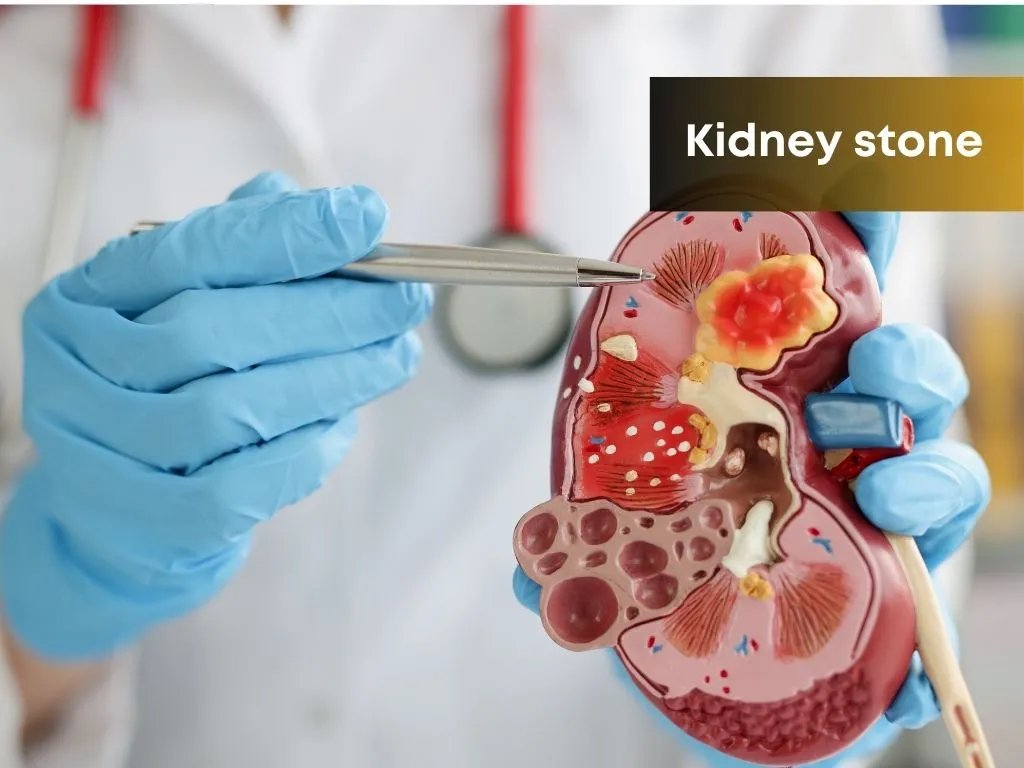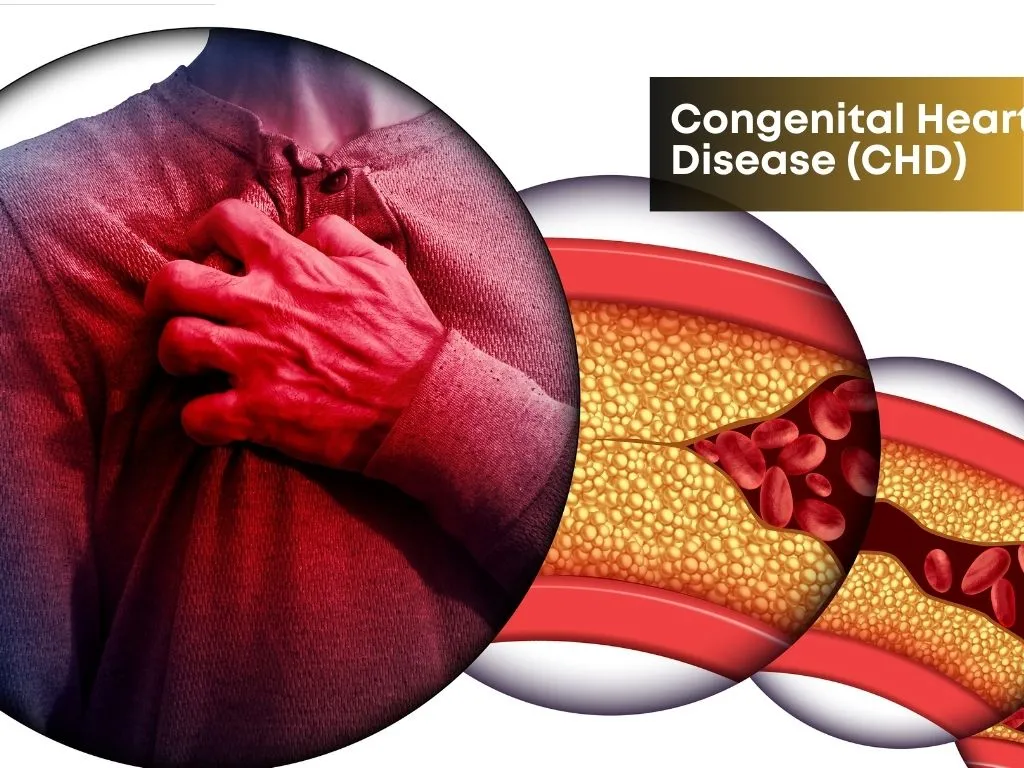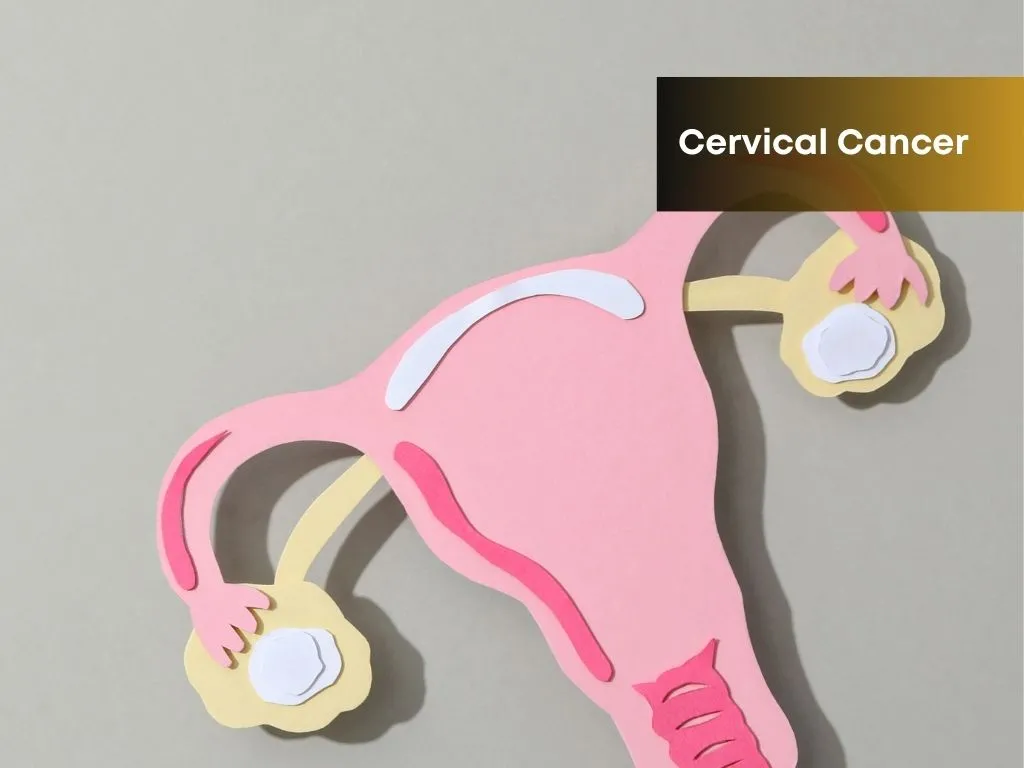Carpal tunnel syndrome
-
 Nalamaree Team
Nalamaree Team
- 24 September 2025
Overview
Carpal Tunnel Syndrome is a common condition that affects the hand and wrist. It occurs when the median nerve, which runs from the forearm into the palm of the hand, becomes compressed or squeezed at the wrist. The carpal tunnel is a narrow passageway made up of bones and ligaments at the base of the hand, and when this nerve is compressed.
Causes
Carpal tunnel syndrome is primarily caused by compression or pressure on the median nerve as it passes through the carpal tunnel in the wrist. The median nerve controls sensations to the palm side of the thumb and fingers (except the pinky), as well as impulses to some small muscles in the hand that allow for fine movements.
Several factors contribute to the compression of the median nerve:
Symptoms
Treatment: Modern Medicine
Treatment: Traditional Medicine
Caution





















.jpg.webp)
